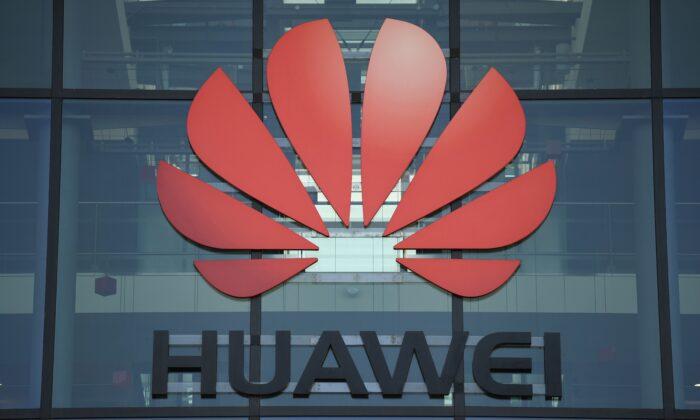Blair, at the Feb. 14 conference, also said the United Kingdom needs to take a “hard look” at its decision to use equipment made by Huawei. Washington has repeatedly stated that Huawei—founded in 1987 by a former People’s Liberation Army engineer—is an extension of the Chinese state and that it helps Chinese intelligence steal secrets. Huawei denies the claims.
“The time is very short, and we and our allies must act quickly,” Barr said at a Washington conference on Feb. 4 on the Department of Justice’s efforts to combat Chinese threats.
“Great respect to Attorney General Barr, but we believe the best way forward is what Ajit Pai announced just over the last several days,” Vice President Mike Pence said, referring to the Federal Communications Commission chairman’s efforts to free up more spectrum for 5G wireless use.
The United States, however, is working closely with Nokia and Ericsson, White House economic adviser Larry Kudlow said, adding that the companies’ equipment is essential to building 5G infrastructure. But he said that the “U.S. government is not in the business of buying companies, whether they’re domestic or foreign,” adding that “there’s nothing to prohibit American tech companies from acquiring” them.
John Boyd, principal of The Boyd Co., a firm providing location and management counsel to IT corporations globally, said U.S. officials are “well aware” of the consequences if Huawei dominates the 5G and artificial intelligence market.
Boyd told The Epoch Times that Barr’s suggestion of boosting 5G alternative providers such as Finland’s Nokia and Sweden’s Ericsson “would be a wise and timely investment, in my judgment.”
“The U.S. Senate recently proposed spending $1 billion for enhancing our 5G capabilities,” he said. “This suggests to me that Barr’s trial balloon may have some ready followers in Congress.”
5G is the next generation of mobile network technology, which will offer internet connectivity at speeds that are 10 to 100 times faster than 4G. The fast connection is set to revolutionize many industries, including transportation, healthcare, and manufacturing.
The pace of 5G’s innovation and deployment worldwide is only quickening, according to Tyler Cooper, editor-in-chief of BroadbandNow, which tracks U.S. broadband serviceability data, including 5G.
“In terms of alternatives [to Huawei], three major players are already operating infrastructure at-scale in the United States: Nokia, Ericsson, and Samsung Networks,” Cooper told The Epoch Times via email. “I’m confident that these and other companies can rise to the demand and ensure that 5G is rolled out uniformly and on-pace, especially with assistance from the FCC’s proposed funds.”
The latest charge of trade-secrets theft relates to alleged “decades-long efforts” by the company and its U.S.- and China-based affiliates to misappropriate intellectual property (IP) from other companies—including six U.S. technology companies—and use it to grow Huawei’s own business, the department stated. Such practices also amounted to a conspiracy to violate the Racketeer Influenced and Corrupt Organizations Act (RICO), it added.
UK Prime Minister Boris Johnson granted Huawei a limited role in Britain’s 5G mobile network on Jan. 28.
“Our view is that we should have Western systems with Western rules, and American information only should pass through trusted networks, and we’ll make sure we do that,” Pompeo told reporters.






Friends Read Free